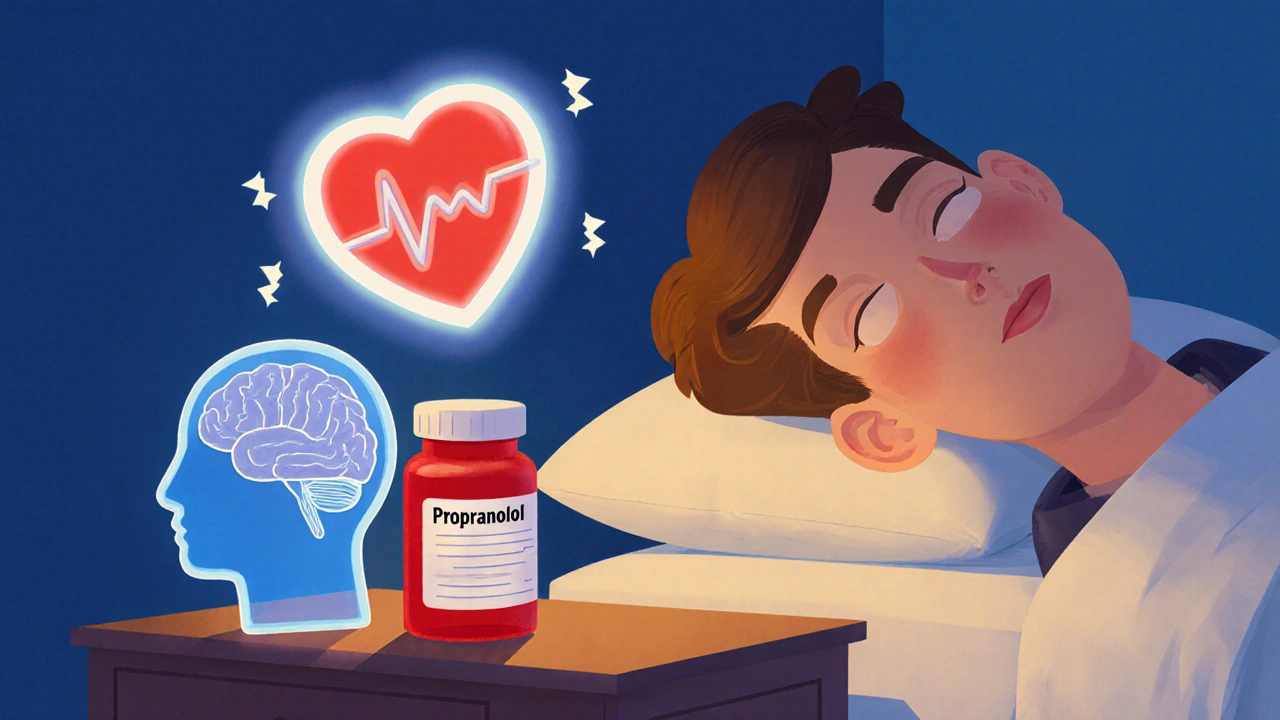 25
Oct,2025
25
Oct,2025
When you take Propranolol is a non‑selective beta‑adrenergic blocker prescribed for high blood pressure, heart rhythm problems, and anxiety, you might notice that falling asleep becomes harder or that you wake up more often during the night. This article breaks down why that happens, which other factors play a role, and practical steps you can take to get better rest while staying on your medication.
Why a Heart Medication can Mess with Your Sleep
Beta blockers like propranolol work by blocking the effects of adrenaline on the heart. While that helps keep your heart rate steady, it also reduces the signal that tells your brain to stay alert. The downside? Some people experience a dip in daytime energy and a shift in the natural sleep‑wake rhythm.
Two main mechanisms are behind the sleep problems:
- Reduced norepinephrine release: Norepinephrine helps keep the brain awake. When propranolol blocks its action, the balance can tip toward excessive drowsiness or, paradoxically, a fragmented night.
- Interference with melatonin production: Studies from 2023 show that beta blockers can lower nighttime melatonin levels, the hormone that cues the body to sleep.
Because the drug crosses the blood‑brain barrier (a property called CNS penetration), these effects show up more clearly in people who are sensitive to changes in brain chemistry.
Common Sleep‑Related Side Effects Reported
Here’s what patients typically describe:
- Insomnia: Trouble falling asleep or staying asleep.
- Vivid dreams or nightmares: More intense REM sleep content.
- Daytime fatigue: Even after a full night, you may feel groggy.
- Restless legs: A tingling sensation that makes it hard to relax.
While not everyone experiences these, the frequency is high enough that doctors often warn new users about potential sleep disturbances.
How Propranolol Compares to Other Beta Blockers
| Drug | Selective vs. Non‑selective | Reported Insomnia Rate | Impact on Melatonin |
|---|---|---|---|
| Propranolol | Non‑selective | 12‑15% | ↓ 20% melatonin |
| Metoprolol | Beta‑1 selective | 8‑10% | ↓ 10% melatonin |
| Atenolol | Beta‑1 selective, low CNS penetration | 5‑7% | Minimal change |
The table shows that propranolol tends to have a higher insomnia rate, partly because it crosses the blood‑brain barrier more readily than atenolol.
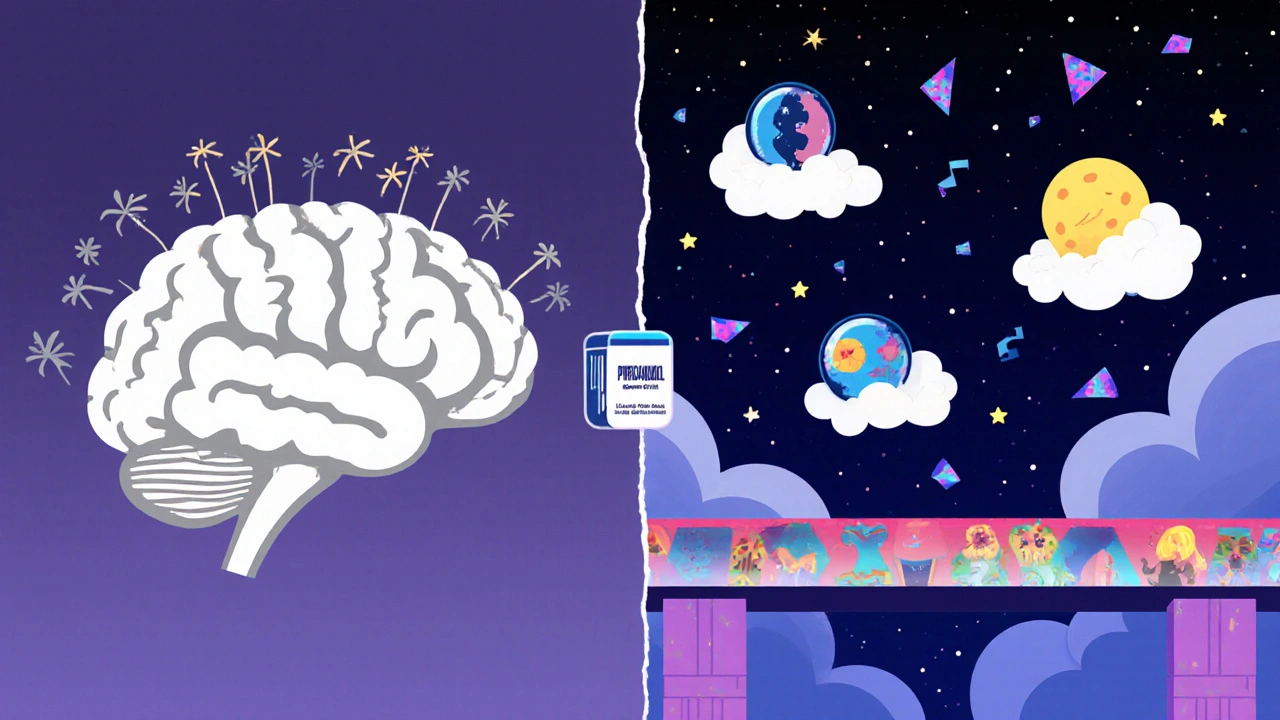
Who Is Most Likely to Experience Sleep Problems?
Not everyone on propranolol will have trouble sleeping. Look out for these risk factors:
- Age: Older adults often have a lower baseline melatonin production.
- Concurrent anxiety or depression: These conditions already disrupt sleep cycles.
- High nighttime dose: Taking the pill close to bedtime amplifies the effect.
- Other CNS‑active drugs: Combining propranolol with antidepressants or sedatives can create unpredictable results.
If you fall into any of these groups, discuss dosage timing or possible alternatives with your prescriber.
Practical Tips to Minimize Sleep Disturbances
Below are evidence‑based steps you can start using today.
- Shift the dose to morning: If your doctor agrees, taking propranolol early reduces the nighttime hormone dip.
- Supplement with melatonin: A 0.5 mg dose taken 30 minutes before bed can offset the drug’s melatonin suppression. Check with your pharmacist first.
- Practice good sleep hygiene: Keep the bedroom dark, cool, and free of screens for at least an hour before sleep.
- Limit caffeine after noon: Caffeine counteracts the calming effect of beta blockers.
- Use relaxation techniques: Deep breathing, progressive muscle relaxation, or a short guided meditation can help the brain settle.
- Monitor and log: Track sleep quality for two weeks; if problems persist, bring the data to your doctor.
- Consider alternative beta blockers: Switching to atenolol or a lower‑dose metoprolol may retain heart benefits while reducing sleep impact.
One patient in Melbourne reported that moving her dose from 8 p.m. to 9 a.m. cut nightly awakenings from five to two, and adding a tiny melatonin supplement eliminated the lingering grogginess.
When to Seek Medical Advice
Sleep issues become a concern when they:
- Last longer than three weeks despite lifestyle tweaks.
- Lead to daytime impairments like missed work or accidents.
- Accompany other side effects such as dizziness or rapid heart rate.
Key Takeaways
- Propranolol can lower melatonin and alter norepinephrine, leading to insomnia or fragmented sleep.
- Older adults, anxious patients, and those taking the drug at night are most vulnerable.
- Simple changes-dose timing, melatonin supplementation, and sleep hygiene-often restore restful nights.
- Alternative beta blockers like atenolol have a lower risk of sleep disturbance.
- Track your sleep and discuss persistent problems with a clinician.
Frequently Asked Questions
Can propranolol cause nightmares?
Yes. About 4‑6% of users report vivid dreams or nightmares, likely due to changes in REM sleep patterns caused by reduced norepinephrine activity.
Is it safe to take melatonin with propranolol?
Generally, low‑dose melatonin (0.3‑1 mg) is considered safe and can counteract the drug’s melatonin‑lowering effect. Always check with your pharmacist, especially if you’re on other hormone‑affecting meds.
Should I stop propranolol if I can’t sleep?
Never stop abruptly. Sudden discontinuation can trigger a rebound increase in heart rate or blood pressure. Talk to your doctor about adjusting timing or switching to a different beta blocker.
Do all beta blockers affect sleep the same way?
No. Non‑selective agents like propranolol tend to have higher rates of insomnia because they cross the blood‑brain barrier more readily. Selective blockers with low CNS penetration, such as atenolol, usually have fewer sleep‑related complaints.
Can lifestyle changes fully fix the problem?
Lifestyle tweaks can help a lot-especially adjusting the dose timing and improving sleep hygiene-but some people still need a medication change. Monitoring and open communication with your clinician are key.
Understanding the link between propranolol and sleep lets you take control of both heart health and nightly rest. With the right adjustments, you don’t have to sacrifice one for the other.

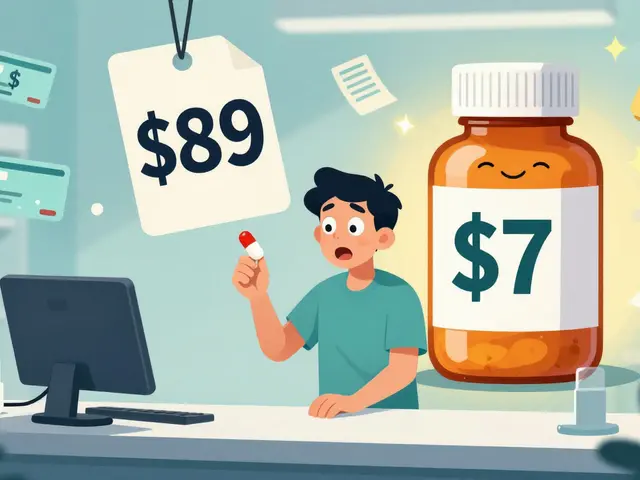
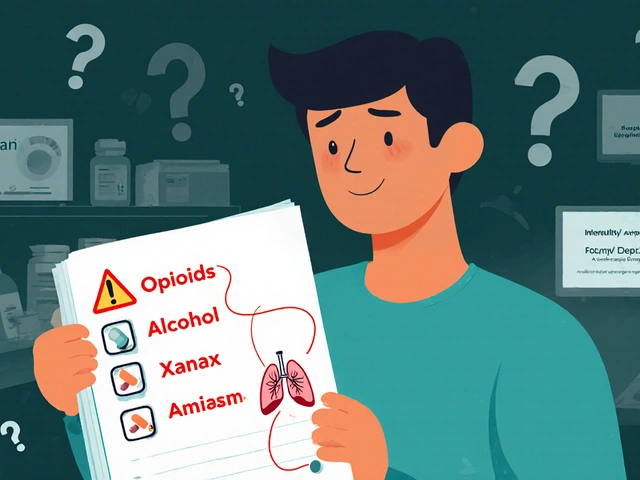


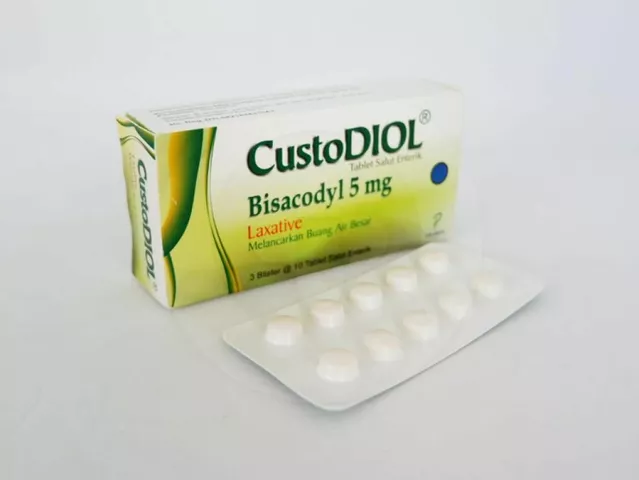
Ever wonder how a pill meant to calm your heart can end up hijacking your night? It's like the universe conspiring to keep you awake while it pretends to be benign. The beta‑blocker blocks adrenaline, sure, but it also muffles the brain's internal alarm clock that tells you when to shut down. This paradox feels like a hidden agenda – a silent operator pulling strings behind the scenes. When the norepinephrine signal drops, the brain gets confused, drifting between wakefulness and a fragmented sleep that never quite settles. The melatonin dip is another layer of intrigue; the drug whispers to your pineal gland to lower production just when you need it most. You end up tossing, turning, and wondering if the medication is a friend or a foe. Some people call it a side effect, I call it an engineered interference. Think about the timing – a dose taken at night is like inviting a guest to stay past curfew. Shift it to the morning, and you might reclaim the night. Supplementing with a tiny melatonin pill can act like a secret handshake with your body, restoring the missing signal. Good sleep hygiene is the silent guardian that can blunt the drug's edge – dark room, cool temperature, no screens. Caffeine after noon? That's just feeding the chaos. Relaxation techniques act as a diplomatic envoy, soothing the overstimulated nervous system. Logging your sleep data gives you leverage, evidence to present to the clinician. And if all else fails, a switch to atenolol or metoprolol can be the diplomatic reroute that preserves heart health without the nocturnal sabotage. In short, the medication’s impact on sleep is not a random glitch; it’s a systematic cascade that you can outmaneuver with timing, supplementation, and lifestyle tactics.
Great summary! 🌟 The practical steps you listed-especially moving the dose to the morning-are exactly what many patients find helpful. Pairing that with a low‑dose melatonin can really smooth out the night. Keep tracking your sleep patterns, it gives your doctor solid data to work with.
Oh sure, because everyone loves popping another hormone on top of a beta‑blocker. It's not like we have enough pills already. If you want a miracle, try ignoring all the "evidence" and just tough it out.
It works fine
Yo, Edward, that was a ride. I feel you on the midnight dose drama, but let’s be real – shifting it to sunrise is the low‑key move to keep the night sacred. Also, the melatonin hack? Classic power‑play, like adding a splash of color to a bland canvas.
Honestly, I’m *shaking* just reading about midnight med battles. It’s like watching an emotional soap opera where the protagonist can’t decide between heart health and dreamland. My brain’s already doing the drama, so I’m here for the nightly saga.
You’ve all covered the science nicely! I’d add that staying consistent with bedtime routines-like a warm shower and a good book-can make a huge difference, even when on propranolol.
Let me unpack this for the uninitiated: we have a drug that tells our heart to chill, yet it moonlights as a sleep thief. First, the dose timing is a villain that sneaks in at night, pulling the plug on melatonin like a power outage during a movie marathon. Second, the brain’s norepinephrine highway gets a detour, leaving the alertness department understaffed and causing those bizarre awakenings. Third, the side‑effects list reads like a horror script-vivid nightmares that feel like the director’s cut of your subconscious. Fourth, the solution isn’t a one‑size‑fits‑all; it’s a choose‑your‑own‑adventure where you might shift the pill to sunrise, throw in a tiny melatonin booster, and adopt sleep hygiene rituals that would make a monk proud. Fifth, the data you log becomes your war‑room intel, guiding your doc to tweak doses or swap to atenolol. In short, it’s a strategic battle, not a passive surrender.
Feeling hopeful! Leverage the chrono‑pharmacology principle-dose timing aligns with circadian rhythms-to reclaim restful nights. Pursue a melatonin micro‑dose as a physiologic enhancer, all while maintaining optimal adherence.
Exactly, Sunita! A morning dose plus a 0.5 mg melatonin at bedtime can be a game‑changer. Keep the bedroom cool, screen‑free, and track your sleep for two weeks before revisiting your doc.
Practical advice works best. I’ve tried moving my propranolol to the AM and it helped my sleep a lot.
Oh, look, another self‑help list. Because a bullet‑point guide is exactly what the medical community needed-a meme for sleep.
Short and sweet: timing, melatonin, hygiene.